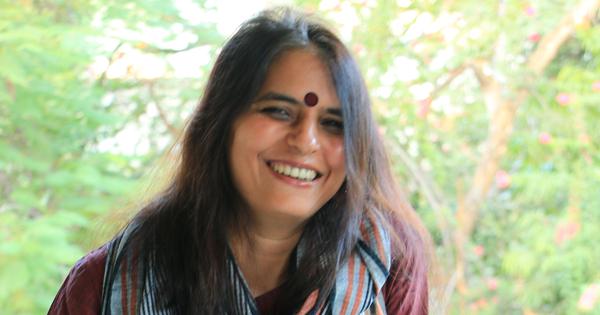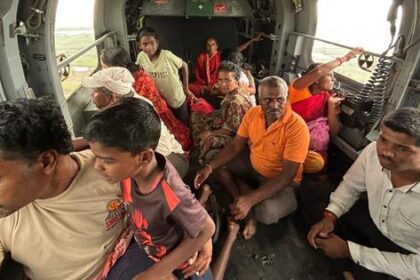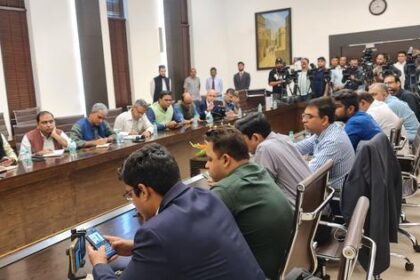Exploring the nuances of love and cultural identity in a complex socio-political landscape.
Asha, a character in Guli Sadarangani’s work, is depicted as someone who embodies simplicity, often disregarding her mother’s pleas to dress up and adorn herself. However, a transformation occurs; she begins to take care in her appearance, draping a saree with grace and combing her hair delicately. This newfound interest in life suggests a deeper awakening within her, indicating that she is beginning to appreciate her existence and the joys it offers. Gauri Devi, her mother, witnesses this change with immense joy, interpreting Asha’s happiness as a sign that she is ready for marriage. In contrast, Shankarlal, Asha’s father, becomes increasingly suspicious and protective, particularly regarding the presence of Vijay and Aruna, whom he suspects may influence his daughter in undesirable ways.
One day, Shankarlal encounters Vijay and Hamid together. Although Vijay greets him with a smile, Shankarlal’s disapproval is evident as he turns away, harboring doubts about their intentions. As Hamid prepares to leave, he feels a profound sense of loss at the thought of not seeing Asha again. Days have passed since their last meeting, and despite the temptation to visit her at the waterfall, the fear of Shankarlal’s wrath holds him back. His longing for Asha is palpable; he prays for another chance to meet her. The day before Hamid’s departure, he contemplates confiding in Aruna, who has sensed his turmoil but has not yet become his confidant.
As Aruna sets off to visit Asha, she playfully chides Hamid for his unwavering dedication to his friend. Hamid acknowledges this commitment and suggests that Asha might come to check on Aruna if she does not arrive. This lighthearted banter reveals the growing bond between Hamid and Aruna, even as they navigate their own feelings of affection and loyalty towards Asha. Hamid’s anticipation builds as he waits for Asha, his heart racing at the slightest sound. He is so consumed by his thoughts of her that he eventually drifts off to sleep, clutching a book in his hand.
When Hamid is called for tea, he is startled to find Asha already present, filling teacups. His disbelief quickly turns to joy as Asha acknowledges him with a smile. Their conversation flows easily, but the arrival of Aruna and Vijay prompts Asha to hold back her thoughts. Hamid, eager to learn more about Asha’s life, engages Vijay in discussion. They touch upon social issues, highlighting the struggles faced by the Harijans, a marginalized community. Hamid admires the integrity of Brij Kishore, a leader who has worked tirelessly to raise awareness and protect the rights of the oppressed.
As the conversation unfolds, Aruna points out Asha’s khadi saree, prompting a playful exchange about parental expectations and individuality. Asha humorously remarks that her father associates khadi with rebellion, which leads to a discussion about nature and human behavior. Hamid and Aruna engage in philosophical musings about the lessons nature offers, while Vijay interjects with a light-hearted request to focus on their tea instead. The interplay of emotions, cultural nuances, and social commentary in this scene encapsulates the complexities of love and identity within a vibrant narrative.








